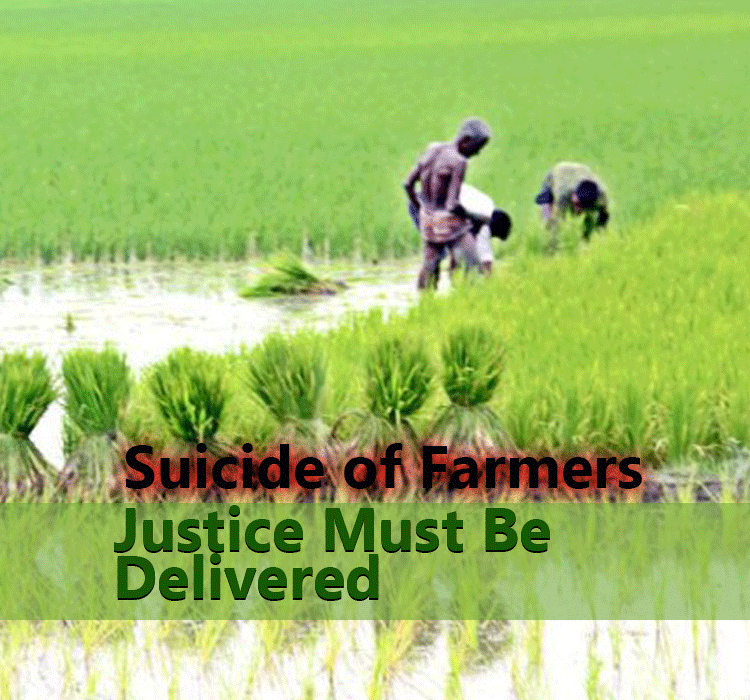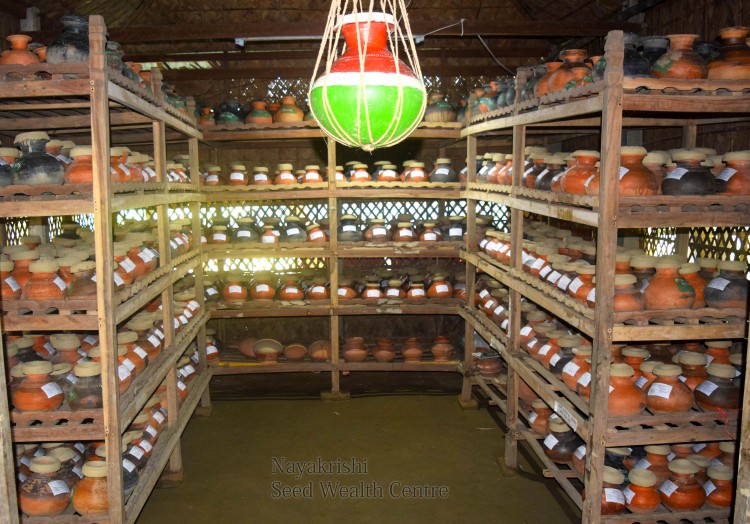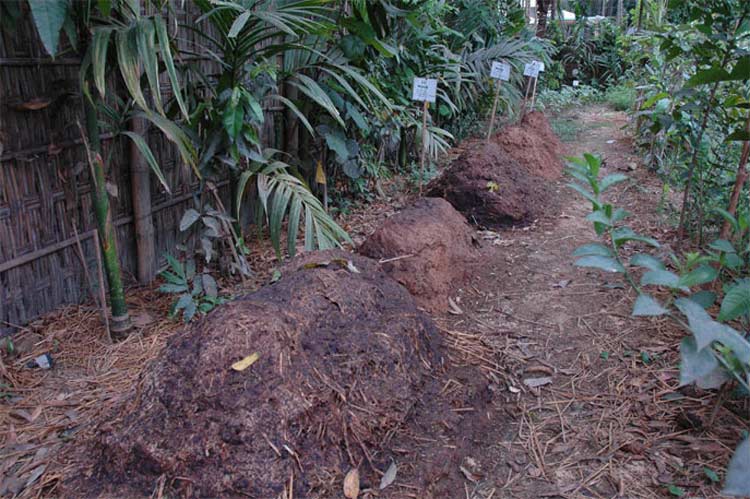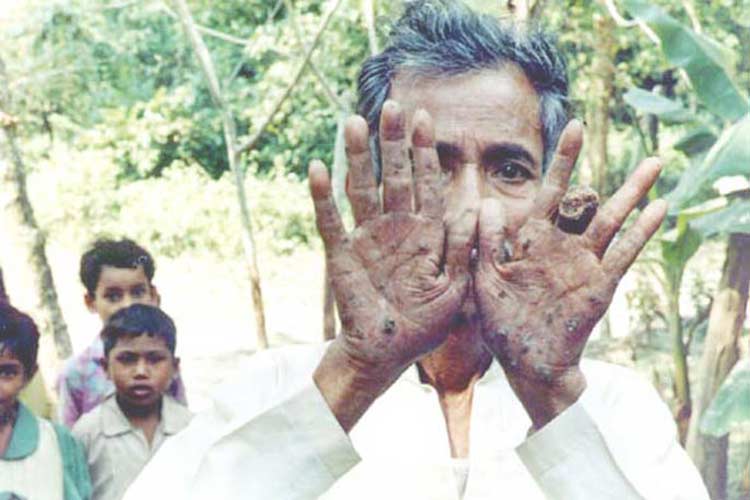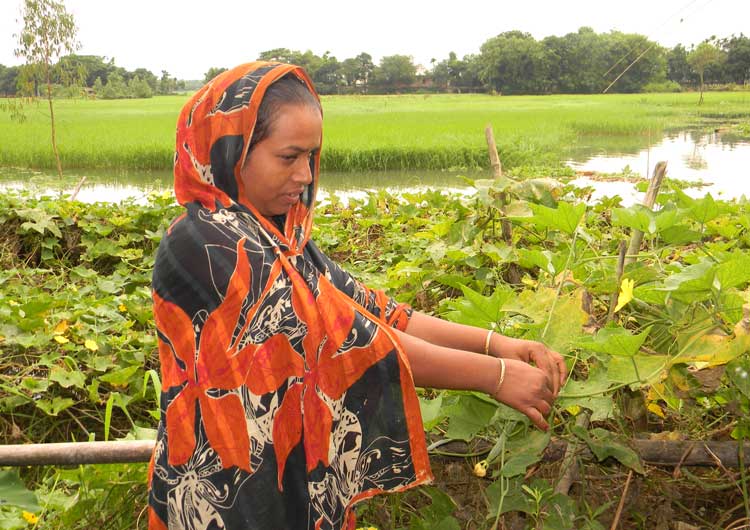A violence of modern agriculture
Farming in Bangladesh. — Wikimedia Commons
TWO young farmers, Abhinath Marandi, 30, and Rabi Marandi, 27, at Godagari, Rajshahi committed suicide by taking poison (pesticide) near a Barind Multipurpose Development Authority deep tube well project at Iswaripur on March 23 as the tube well operator, Sakhawat, refused to irrigate their paddy fields. They were cousins and belonged to the Santal community. This incident has a clear connection with the supply of irrigation water that they were refused to be given. So this is not just an ‘emotional’ outbreak between the two brothers. ‘Maner dukkhe bish kheyechhi&rsq (Read More)
Aman rice and seed sovereignty
THIS year, aman rice suffered severe loss due to a series of floods and untimely rain. At the household level, the farmers will have shortage of rice for consumption and selling, while at the national level people will inevitably face crisis of food since aman paddy cultivation provides 35 per cent of the total rice production of Bangladesh. Due to the recurring floods, farmers missed the planting season in the month of August. Most farmers could not prepare the seedbeds. In some areas, floods submerged the paddy fields with saplings of aman paddy. In August 2020, according to the ministry of agriculture, it has happened in at least 37 dis (Read More)
Replacing urea fertilizer with friendly alternatives
Bangladesh has achieved a significant success in food grain production in the recent past which has made the country self sufficient in food grain. Bangladesh was food deficit prior to 1971, the year of indepence and continued to be so for long afterwards. However, the country is now self-sufficient in rice. Rice production increased from 11.7 million metric tons in 1974 to 33.54 million metric tons in 2010 (BBS, 2011). One of the keys to this success has been the use of chemical fertilizer, especially that of urea for meeting the need of nitrogen. In 2010-11 cropping season Bangladesh used 26.55million metric tons of urea fertilizer for r (Read More)
Arsenic Affects Rice Yield and Quality
Arsenic is a poison. It is a significant health risk to millions of people worldwide when it is there in food and drink. It is highly poisonous at higher doses but chronic exposure to lower levels increases the risk of cancer of skin, bladder, lungs, kidney ,liver, colon , prostrate; cardiac disease, pulmonary disease, cardiovascular disease ,diabetes; diseases of arteries and capillaries ; increased sensitivity to Hepatitis B infection , infertility, and other ailments .Observable symptoms to the arsenic poisoning can be thickening and discoloration of skin, stomach pain ,nausea , vomiting , diarrhea , paralysis and blindness (Islam,M.S. (Read More)
Beijing Plus 20 Review: Incoherence in Women and Environment Link!
Policy making in a country like Bangladesh is not an easy task, a meaningful policy position is impossible without serious efforts from the policy makers to involve stakeholders; secondly, it is necessery to involve various groups and organisation active through empirical reserach or programmes that government wishes to address. Without a meaningful base of empirical reseach and participation of relevant stakeholders, a policy document could hardly be of any value. If policy makers ignore these very basic essentialities policy documents are reduced into statements related to few projects, lacking conceptual clarity and coherence with (Read More)
